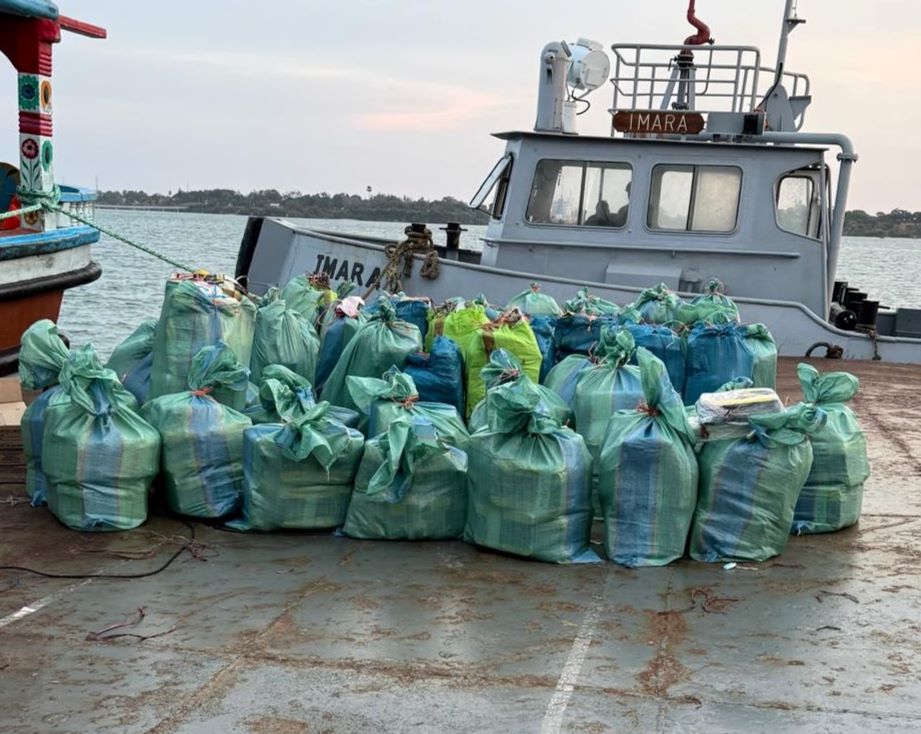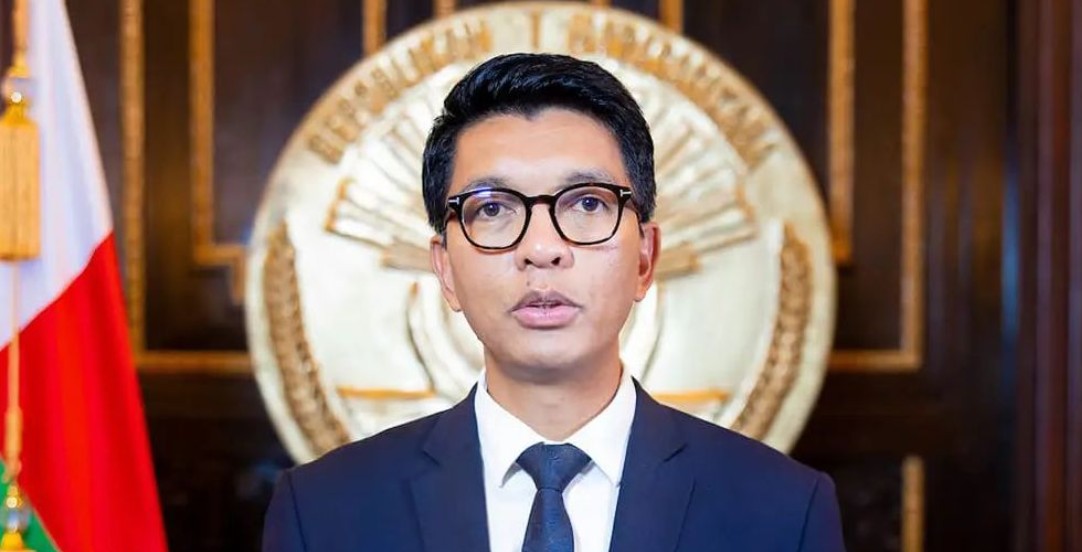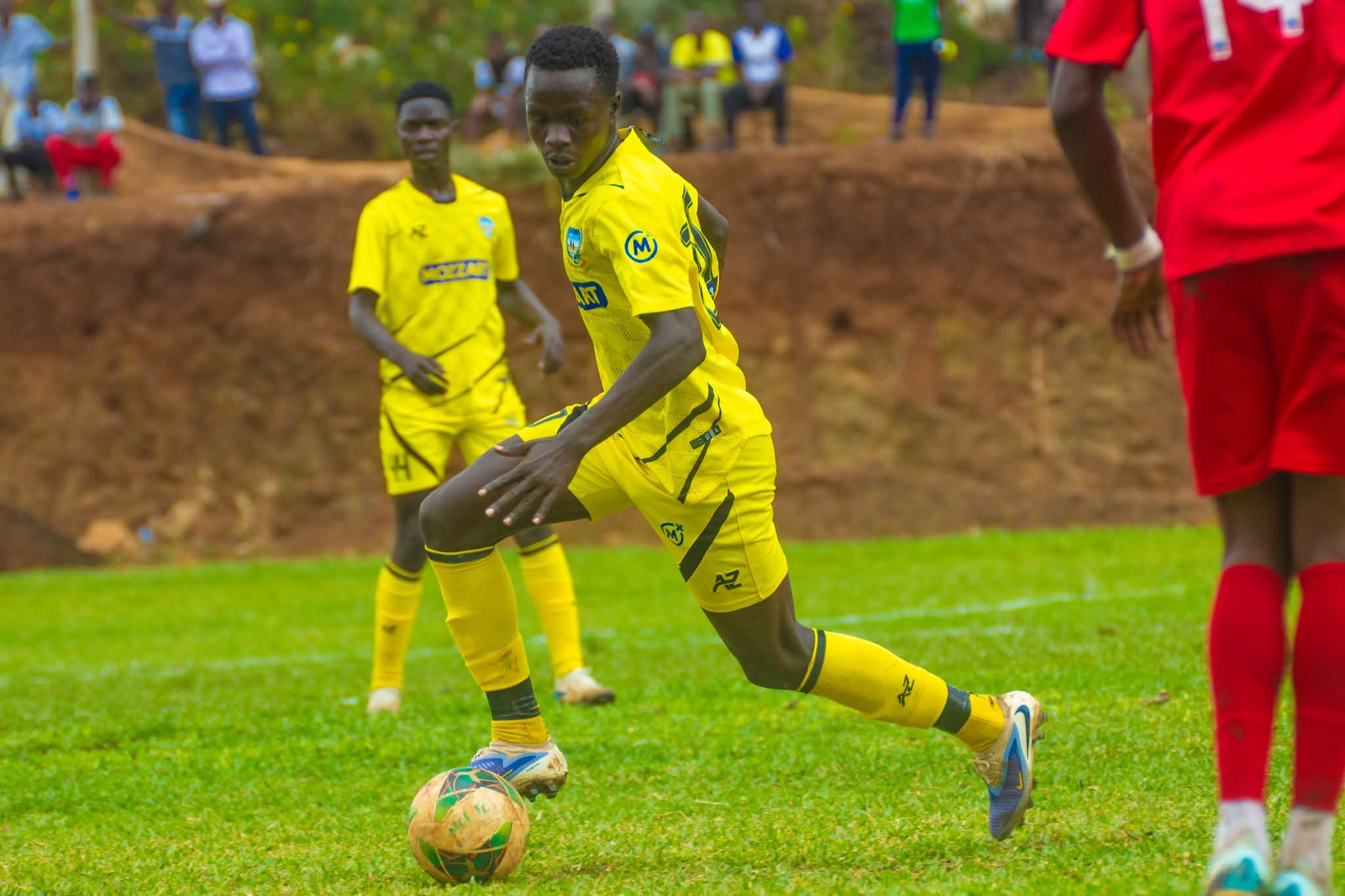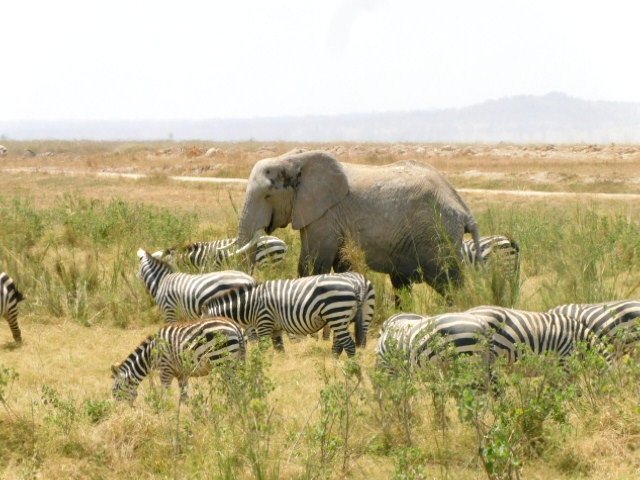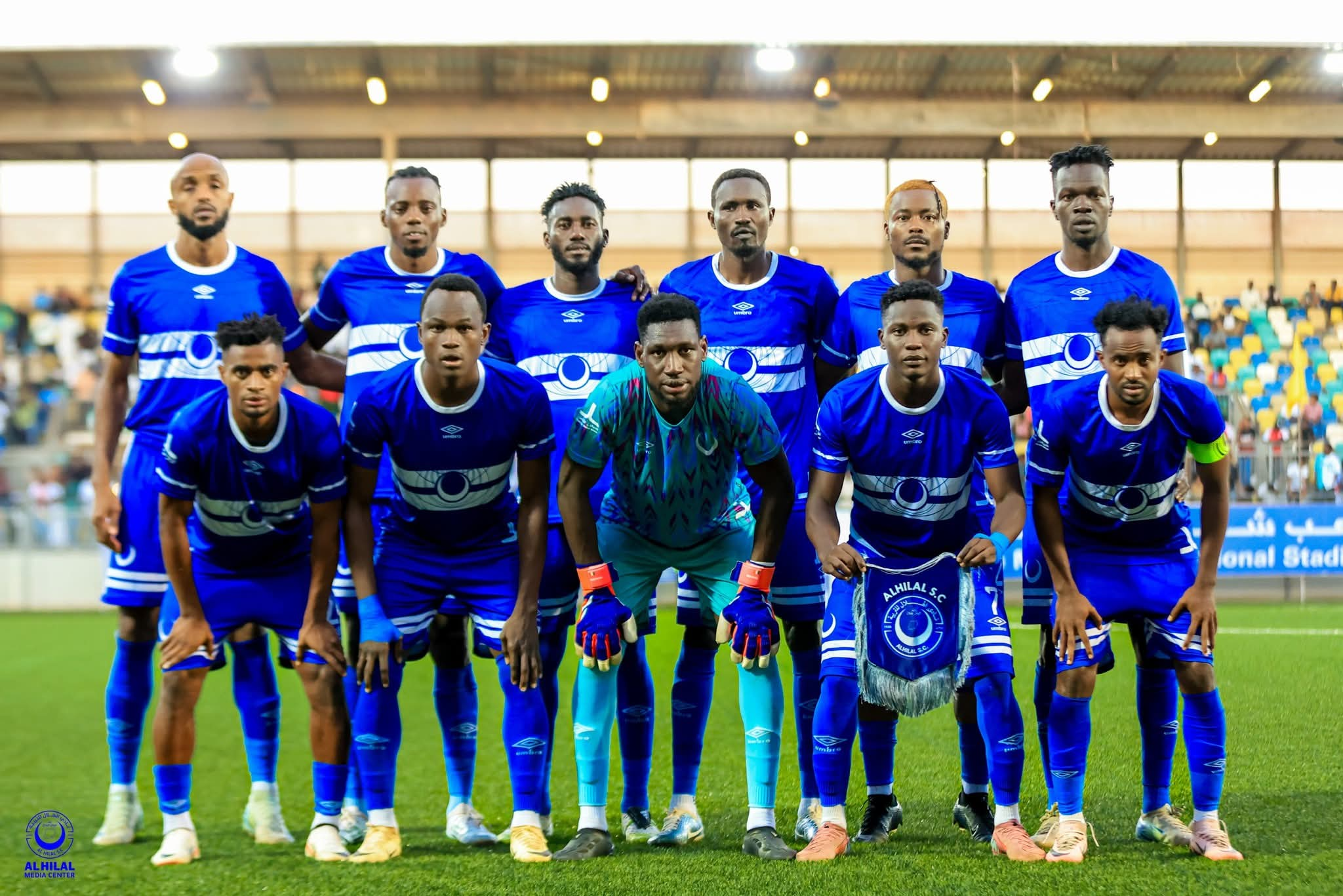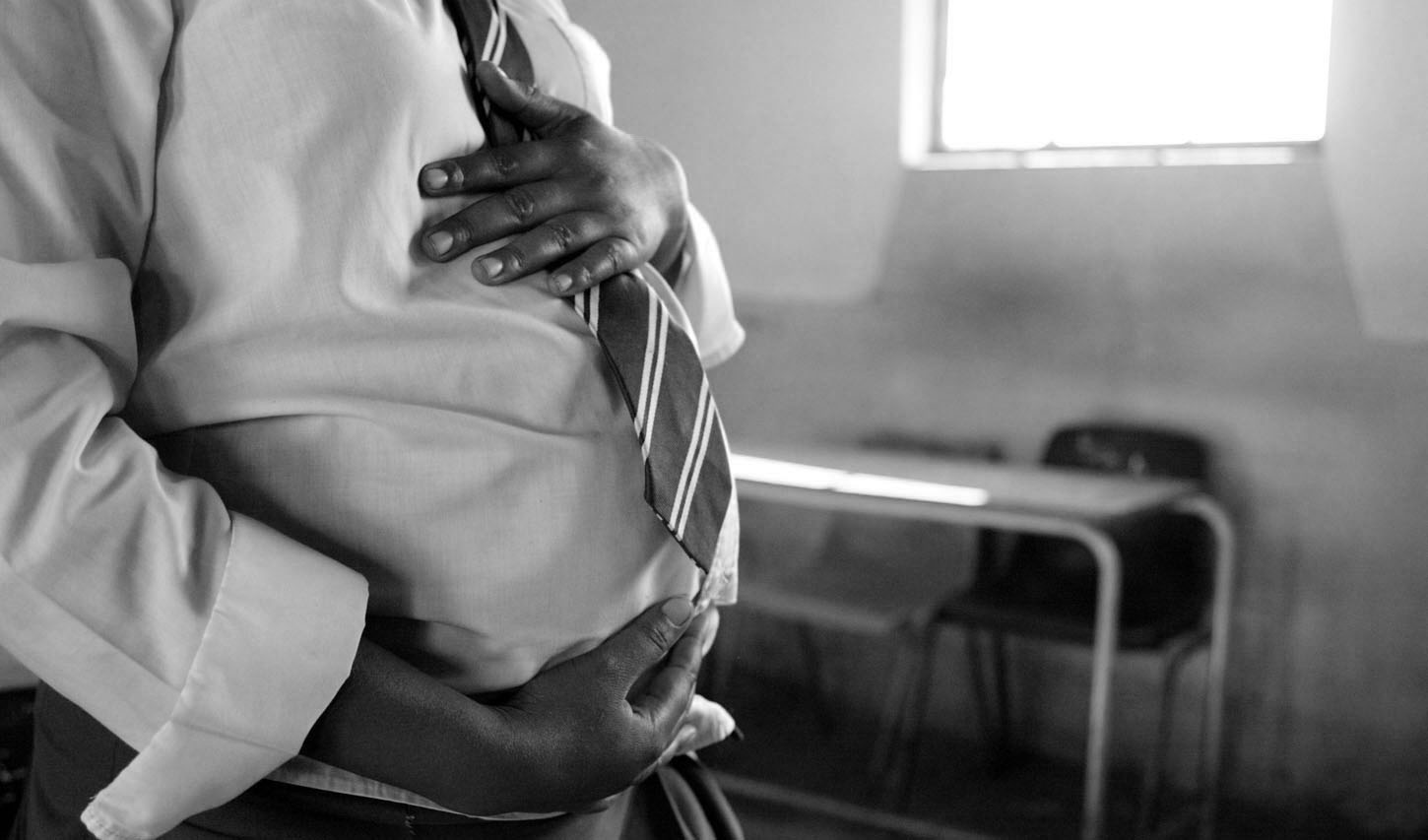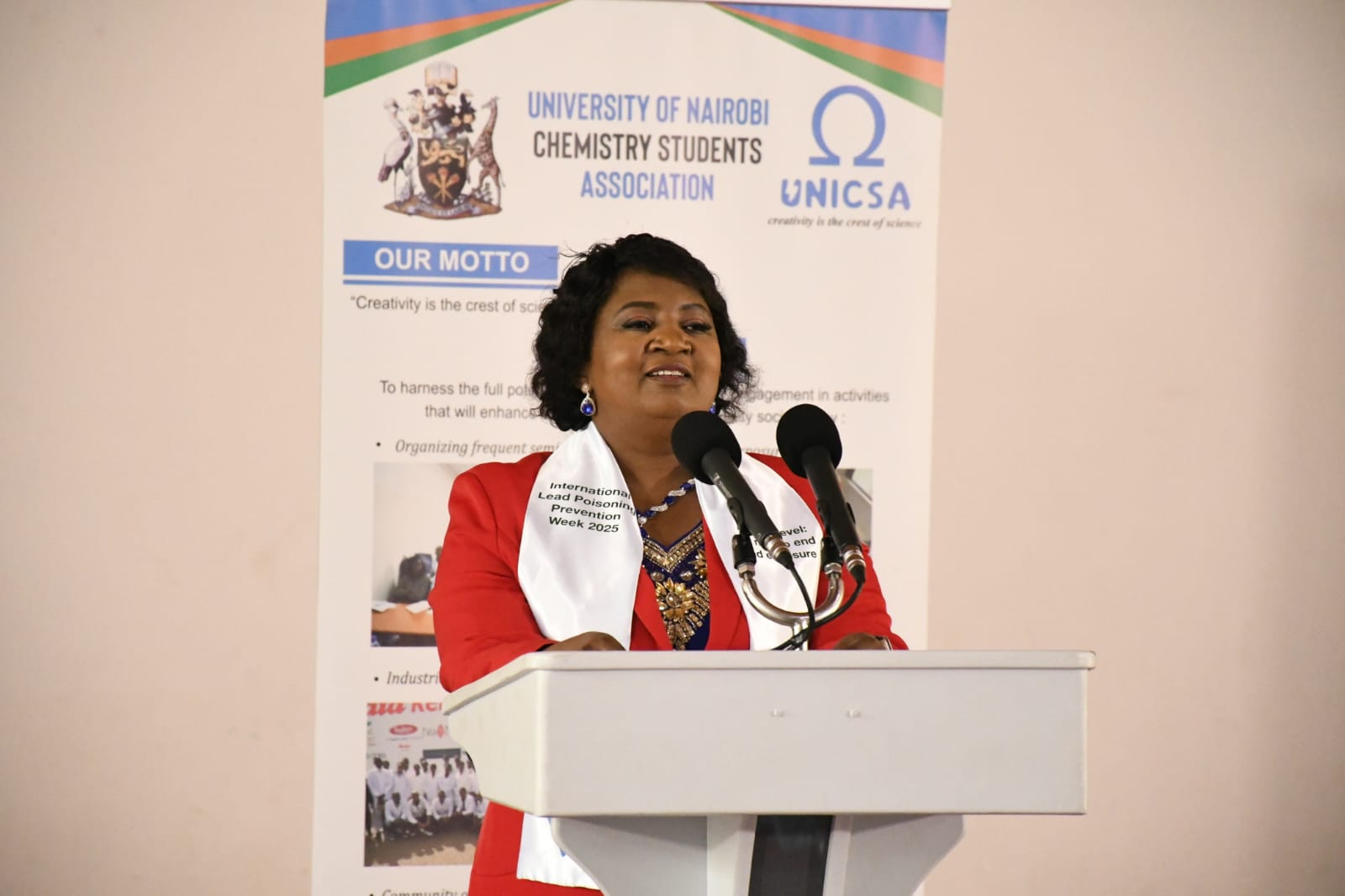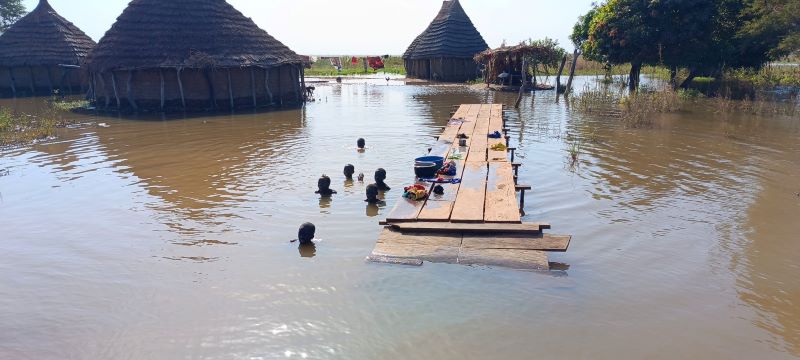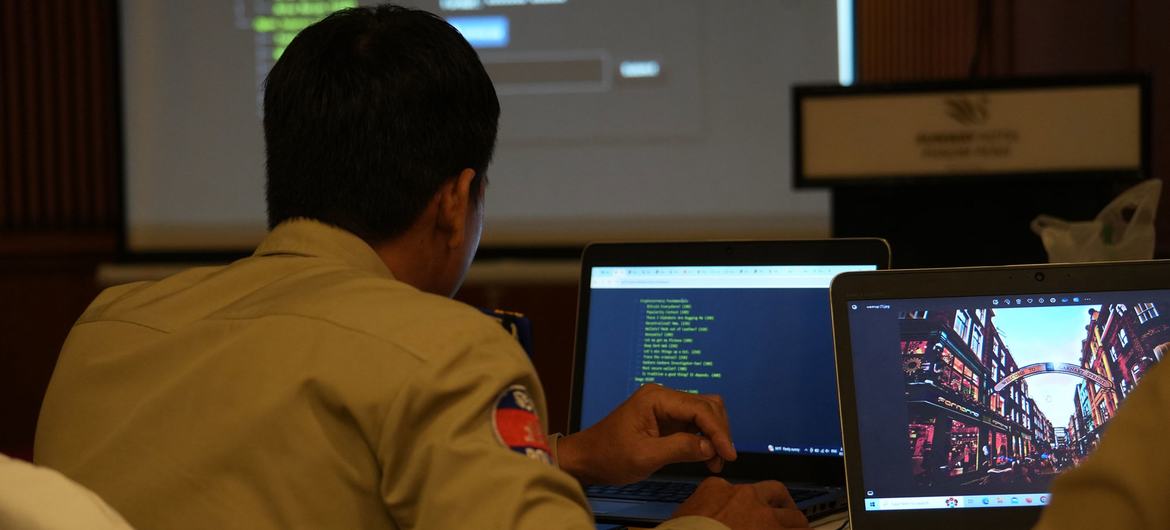UN seeks $674 million for crisis-hit Haiti in 2024
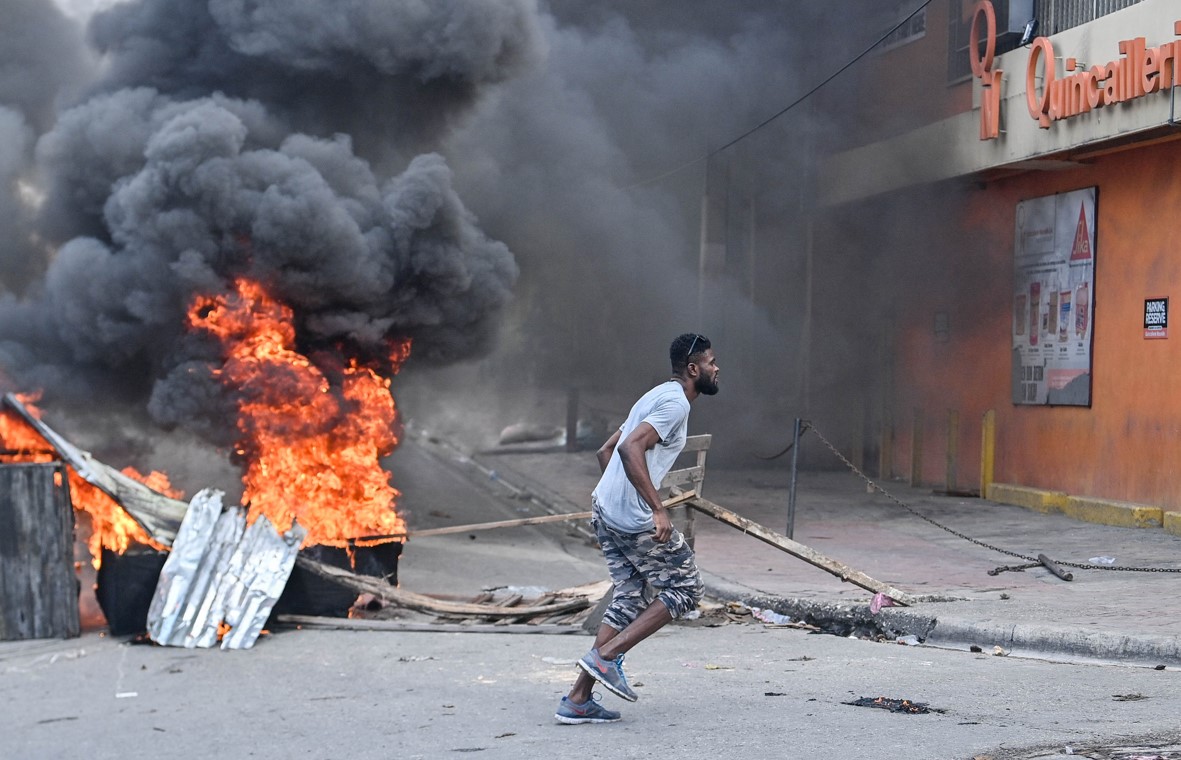
The Kenyan-led UN multi-national security force has been held up for months over logistics issues, a legal challenge in Nairobi, and funding shortfalls.
The United Nations launched an appeal for $674 million on Tuesday for humanitarian projects in Haiti, as the Caribbean nation faces soaring violence and a severe food crisis.
The UN Security Council has given the green light to a multi-national security force to deploy to Haiti to help overwhelmed police there regain control.
More To Read
- Green light for Gang Suppression Force tells Haitians ‘they are not alone’, Security Council hears
- Gang Suppression Force denies reports of Kenyan police deaths in Haiti
- Haiti is under a UN arms embargo: So why are 500,000 illegal weapons in circulation?
- Security Council renews Haiti sanctions
- 5.7 million people face food insecurity in Haiti
- ‘Unprecedented’ number of children on the run in Haiti
But the mission, which Kenya has agreed to lead, has been held up for months over logistics issues, a legal challenge in Nairobi, and funding shortfalls.
A nation of at least 10 million, Haiti has been in turmoil for years, with armed gangs taking over parts of the country and unleashing brutal violence, leaving the economy and public health system in tatters.
The 2021 assassination of the country's president plunged the country further into chaos.
The crisis deepened last year, the UN warned in its humanitarian plan for 2024, as gang violence spread to rural areas and the government's presence eroded further.
"The worsening security situation, the near-collapse of basic services, the impact of years of drought and natural disasters will leave 5.5 million Haitians highly vulnerable in 2024," the plan stated.
The plan, estimated to help 3.6 million of those people, would require $673.8 million to do so -- an ambitious goal, with international humanitarian operations chronically underfunded.
It says that some 45 per cent of the population is now food insecure, including 250,000 children suffering from acute malnutrition.
That makes Haiti "one of the countries in the world with the worst food crisis," the plan states.
Last month, UN Secretary-General Antonio Guterres said he was "appalled" by the violence in Haiti, adding that it was "difficult to overstate" the crisis.
This violence has "severely hampered access to basic services, including health and education, with schools slowing down or being forced to close. Nearly 600,000 children live in gang-controlled areas," the plan says.
Nearly half the population has no access to safe drinking water, a situation that is particularly concerning in a country ravaged by a cholera epidemic in recent years.
This week, US Ambassador to the UN Linda Thomas-Greenfield announced that French-speaking Benin was mulling contributing 2,000 troops to the mission.
Story by AFP
Top Stories Today
